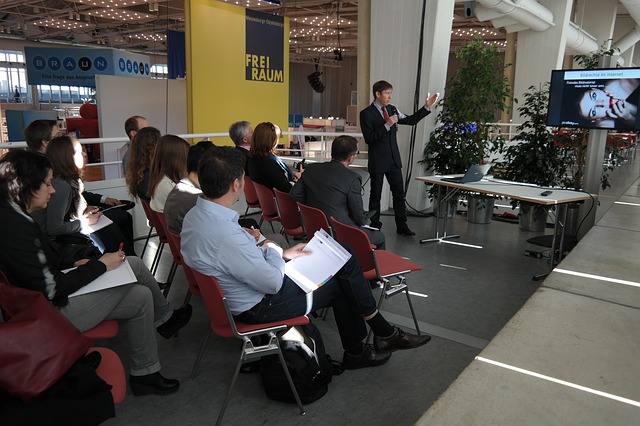Participle adjectives

Participle adjectives are made from verbs with either an -ing (present participle) or an -ed (past participle) on the end. How do you know which one to use? There are 3 parts to that answer.
First, if the participle adjective is a feeling, then put -ing on the end if something gives you or somebody else that feeling and -ed on the end if you or somebody else have that feeling. -ING = give the feeling. -ED = have the feeling
Examples:
That is a boring game. (The game gives me the feeling of boredom.)
I’m bored with that game. (I have the feeling of boredom.)
That lecture was interesting. (The lecture gave me the feeling of interest.)
I was interested in the lecture. (I had the feeling of interest.)
Her photo was embarrassing. (The photo gave her that feeling.)
She was embarrassed by the photo. (She had that feeling.)
The book that he read was depressing. (The book gave him that feeling.)
He was depressed after reading the book. (He had that feeling.)
Secondly, there are participle adjectives that are not feelings. To use these correctly, ask yourself if the object does the verb. If the answer is yes, then put -ing on the end (present participle.) If the answer is no, then use the past participle. Remember that some past participles are irregular and don’t have -ed on the end.
Examples:
The losing team rode home in silence. (Did the team lose something? Yes – the game.)
The lost dog was finally found. (Did the dog lose something? No.)
He put on two coats in the freezing weather. (Did the weather freeze something? Yes – everything outside.)
He tried to warm his frozen hands. (Did his hands freeze something? No.)
The circling bees stung him many times. (Were the bees circling? Yes – they were circling him.)
The circled words were all misspelled. (Did the words circle something? No.)
Thirdly, if something is happening at that same time, then it is the present participle (-ing), but if it happened before, if it was already finished, then it is the past participle (-ed).
Examples:
She heard the sound of boiling water. (The water was boiling at that time.)
The boiled water was very hot. (The water had finished boiling.)
The falling snow made driving hazardous. (The snow was falling at that time.)
The fallen snow was already starting to melt. (The snow had already fallen.)
The opening curtains made a squeaking sound. (The curtains were opening.)
The opened curtains signaled that someone was at home.. (The curtains were already open.)
Here is a list of participle adjectives and the verbs they came from:
amaze amazed amazing
amuse amused amusing
annoy annoyed annoying
boil boiled boiling
bore bored boring
circle circled circling
close closed closing
confuse confused confusing
delight delighted delightful *
depress depressed depressing
disappoint disappointed disappointing
embarrass embarrassed embarrassing
excite excited exciting
exhaust exhausted exhausting
fall fallen falling
fascinate fascinated fascinating
frighten frightened frightening
freeze frozen * freezing
frustrate frustrated frustrating
horrify horrified horrifying
interest interested interesting
intimidate intimidated intimidating
lose lost losing
open opened opening
please pleased pleasing
puzzle puzzled puzzling
satisfy satisfied satisfying
scare scared scary *
shock shocked shocking
startle startled startling
surprise surprised surprising
terrify terrified terrifying
tire tired tiring
upset upset * upsetting
worry worried worrying
* = irregular forms
Study this lesson, and when you think you’re ready, do the following exercise.
Your Score:
Your Ranking:
© 2013 Ambien Malecot